San Francisco is planning a groundbreaking proposal requiring grocery stores to give a six-month notice before shutting down.
This initiative aims to keep communities informed and prepared, preventing the sudden loss of essential services and ensuring residents are not caught off guard by store closures.
Dean Preston and the Grocery Protection Act
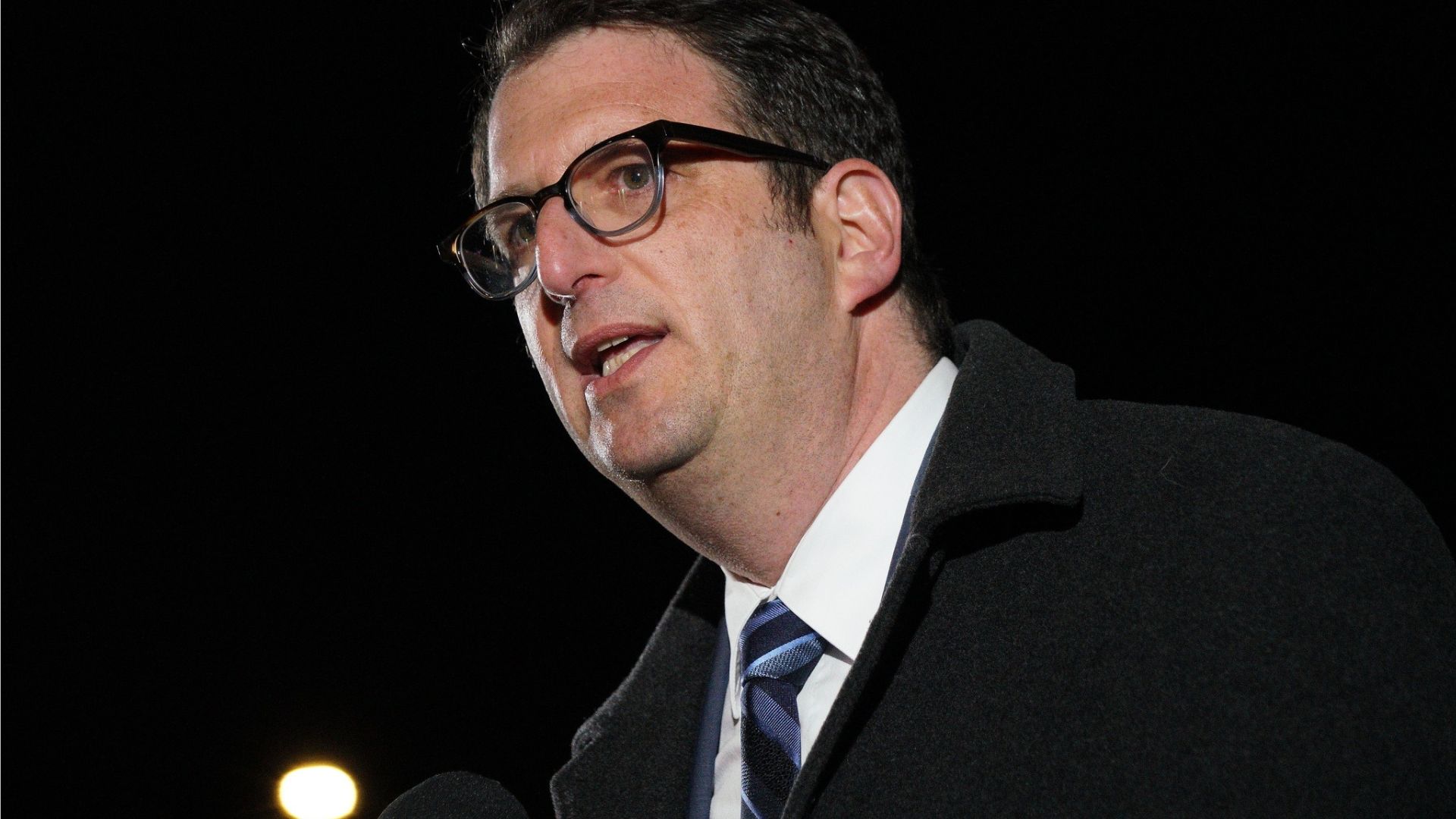
City Supervisor Dean Preston is championing the Grocery Protection Act, aiming to eliminate unexpected grocery store closures.
Preston’s legislation is designed to ensure that residents receive ample warning before a store closes its doors, advocating for consumer rights and community stability.
Revisiting History for Community Welfare
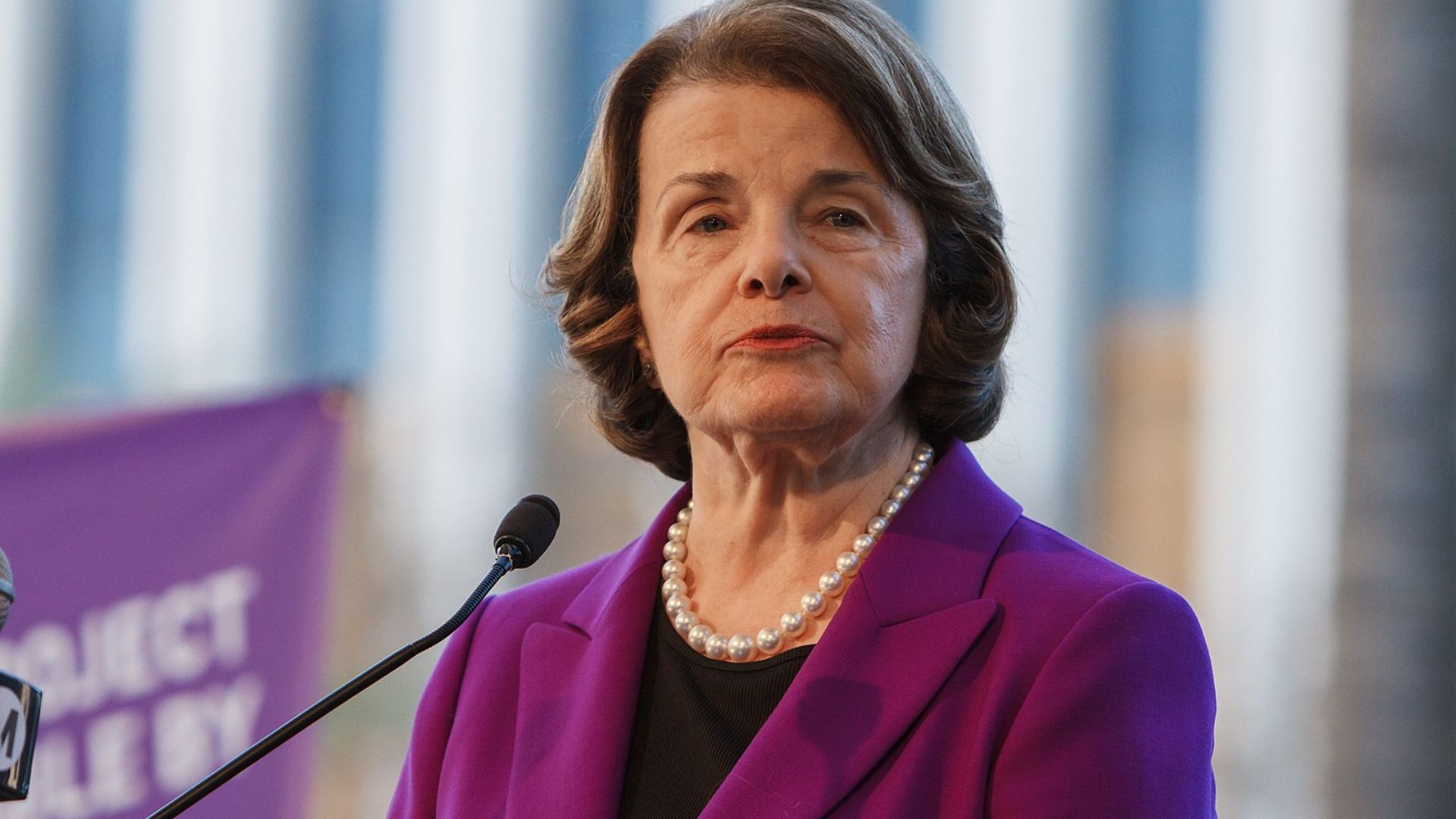
Fox Business reports that the Grocery Protection Act revives a 1984 initiative vetoed by then-Mayor Dianne Feinstein.
Preston believes revisiting this concept is crucial for community well-being, advocating for measures that protect access to food and maintain neighborhood vitality, emphasizing the enduring importance of such protections.
Mandatory Six-Month Closure Notice

Under this new rule, grocery stores planning to close must notify the city’s Board of Supervisors and the public six months in advance.
This ensures that both employees and customers are adequately prepared for the change, fostering a more resilient and informed community.
Acknowledging Unpredictable Business Challenges

The legislation allows for exceptions in cases of unforeseen business difficulties or natural disasters.
Such an approach acknowledges the complex realities of operating a business while still prioritizing the community’s need to be informed about significant changes affecting their access to groceries.
Transparency in Early Closures

Stores required to close sooner than planned must clearly communicate the reasons to the community.
By being transparent with customers, residents are able to adjust and plan for their grocery needs accordingly.
Collaborative Efforts

The proposal encourages collaborative efforts between stores, residents, and the Office of Economic and Workforce Development to explore alternatives to closure.
Potential strategies include sustaining the store’s operations, launching a co-op, or finding another operator to ensure continued service.
Legal Repercussions

Affected individuals can seek legal action against stores that fail to comply with the notification requirements.
Such measures are designed to give communities a tangible way to uphold these new standards, enabling residents to defend their access to local grocery resources.
Addressing San Francisco’s Retail Woes
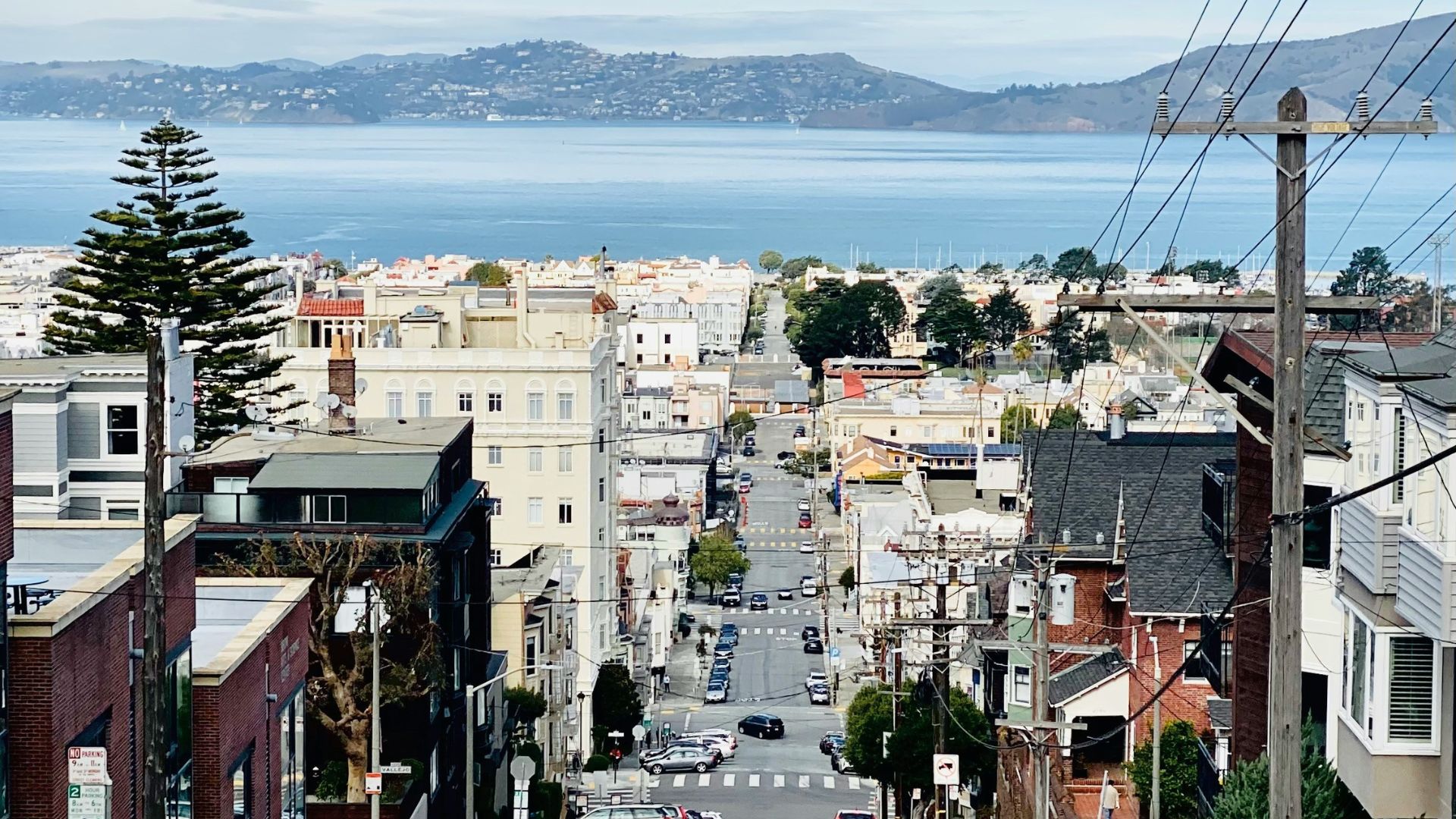
As San Francisco confronts a surge in store and office closures amidst broader social challenges, this proposal aims to maintain neighborhood liveliness and safety.
It’s a timely response to the city’s evolving retail landscape and the need for community protection.
Lessons from Whole Foods’ Closure
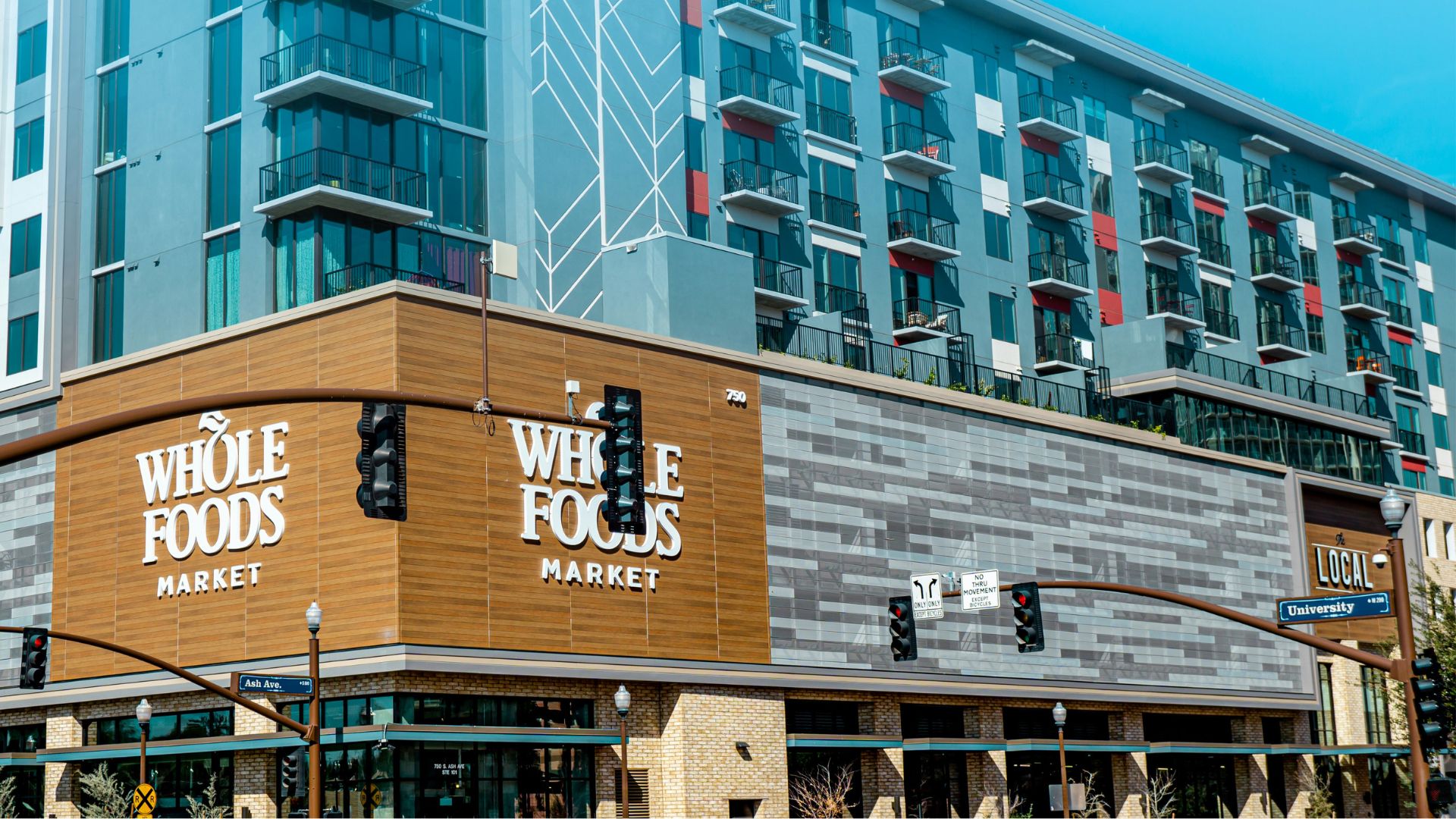
The New York Times reports that the closure of a Whole Foods on Market Street highlights the need for better planning and communication in managing store closures.
This case illustrates the broader implications of sudden closures on community stability and access to essential services.
Safeway Reconsiders Closure
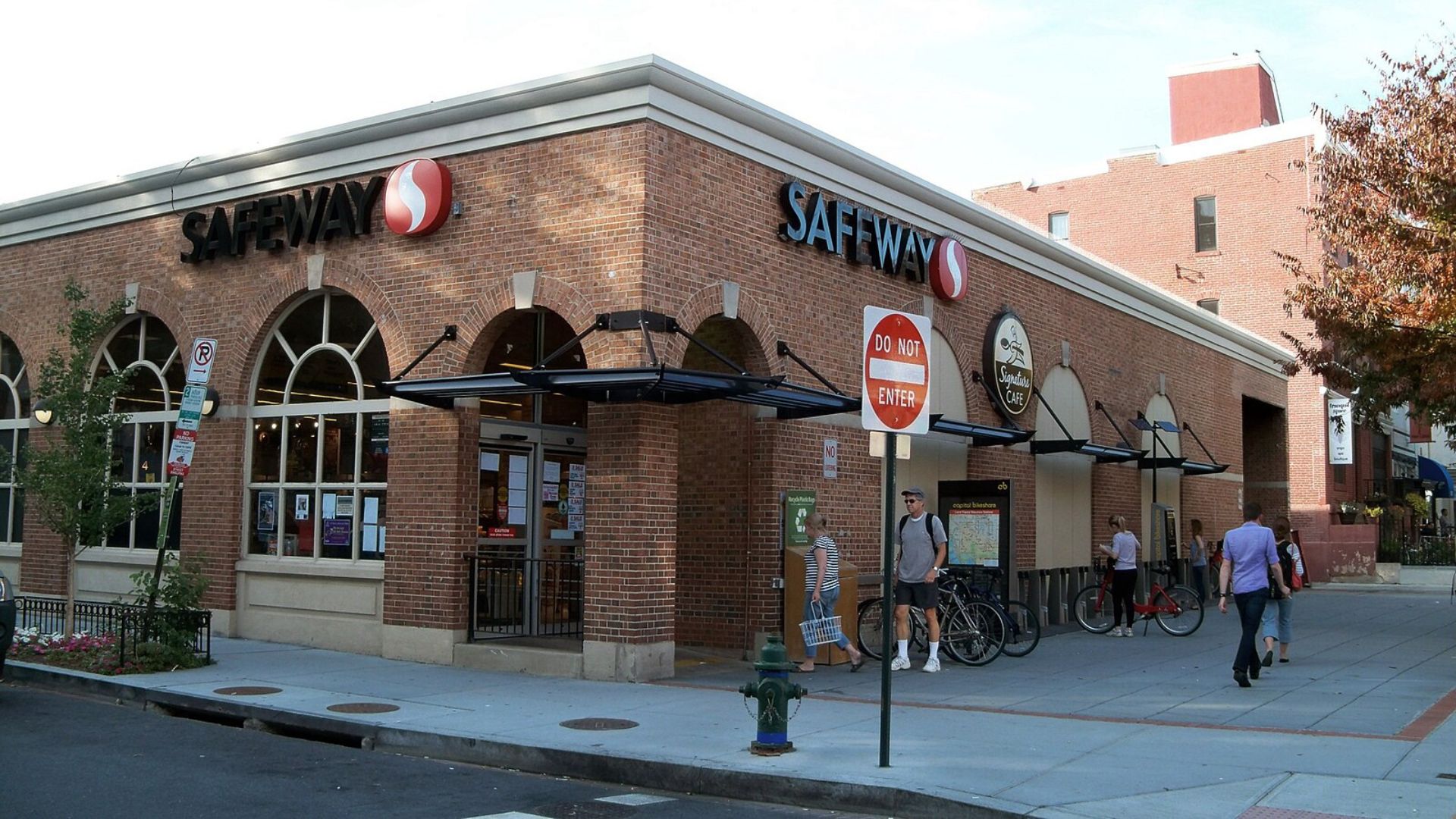
Safeway almost closed one of their stores, but a wave of community backlash made them rethink their plans.
Safeway’s U-turn is a real-life example of how public opinion and proposed laws like Preston’s can influence big business decisions.
Forward-Looking San Francisco

Reflecting on the initiative’s roots from 1984, Preston said in a press release, “It was a good idea in 1984, and it’s an even better idea now. Our communities need notice, an opportunity to be heard, and a transition plan when major neighborhood grocery stores plan to shut their doors.”
He continued, “Meeting the food security needs of our seniors and families cannot be left to unilateral backroom decisions by massive corporate entities.”
